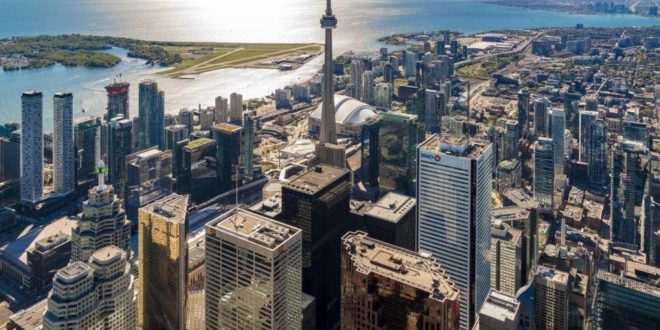The relationship between Canada’s major cities and the cost of housing in them has become absolutely direct. As these cities expand urbanization, the costs of housing and residence in them grow more, which forced hundreds of thousands to search for affordable housing elsewhere. Over the course of a full year, through July 2022, the city of Toronto, the largest urban center in the country, saw about 100,000 people leave its residents, 78% of whom chose to settle in other parts of the province. According to data from Statistics Canada. Montreal and Vancouver, the second and third largest Canadian cities, also left about 35,000 and 14,000 people, respectively, for the same reason.
Housing and cost rates rose within Canada’s major cities, favored by the majority of newcomers over most of the country’s rural areas. According to official data, the largest population centers received more than 600,000 international immigrants last year, of whom 216,000 were in Toronto alone, compared to only 21,000 immigrants who settled in smaller communities.
In addition, the record price of a home in Canada reached $ 789,300 in July last year, an increase of 43% since the beginning of the Corona pandemic, according to data from the Canadian Real Estate Association. Since then, house prices have started to fall as the central bank has increased borrowing costs, but individual affordability has also deteriorated along with the rise in mortgage costs.
100,000 left Toronto, 35,000 left Montreal, and 14,000 left Vancouver.
Statistics Canada said that despite the exodus from some of the largest cities, many of the country’s large, affordable urban centers have seen their population increase at the fastest annual pace since 2002.
Overall, Canada continues its urbanization, with 71.9% of Canadians now living in one of these large population areas, up 0.1% from the previous year. This means increasing pressure on cities to build housing and prepare the infrastructure to accommodate these numbers.
In contrast, urban centers in Saskatchewan, Manitoba and Ontario lost more residents, with urban centers in the Atlantic Provinces, Alberta and British Columbia posting strong gains. The Atlantic cities of Moncton and Halifax saw the fastest population growth rates, at 5.3% and 4.4%, respectively. (bloomberg)
 Media ININ Economy We Trust
Media ININ Economy We Trust








